SocGen Owes $792M Over Castro-Seized Bank, Heirs Say
July 10,2019
By Michael Watanabe
Heirs of a bank that was seized by Fidel Castro’s government in 1960 — and then used as Cuba’s national bank — claimed in Florida federal court Wednesday that Société Générale SA ignored U.S. embargoes, profiting by doing business with the bank, and should pay back $792 million in damages.
Don Carlos Nuñez y Doña Pura Galves Inc. — which is made up of the inheritors of Banco Nuñez, whose founders fled Cuba in the 1960s after Castro’s takeover — claims that SocGen violated the Helms-Burton Act by unlawfully trafficking its seized property when it did business with Banco Nacional de Cuba, the government-owned successor to their ancestors’ bank.
“In or around 2000, SocGen created a system of ‘credit facilities’ to enable BNC to circumvent the United States’ economic embargo of Cuba,” the bank heirs claim. “SocGen’s system involved concealing and processing BNC’s transactions with foreign corporations, and in exchange for this service, SocGen received over $1 billion in profit.”
The heirs’ suit follows a November announcement of settlements with U.S. federal and state authorities in which SocGen agreed to pay $1.34 billion in fines to resolve investigations into its processing of transactions involving Cuba, Iran and other targets of U.S. sanctions.
Founded in 1921, Banco Nuñez was the second largest Cuban-owned bank on the island, with a $7.8 million equity, by the time the Castro regime took over, according to the complaint.
In 1960, the Castro government ousted foreign and national bank owners, nationalizing all the island’s banks, the complaint alleges. All of these banks were absorbed into BNC, the suit claims.
In 1961, Banco Nuñez’s founders fled the country to “escape the extrajudicial killings, unjustified imprisonment, and cruelty that would come to embody Fidel Castro’s reign,” the complaint alleges.
Despite the passage of the Helms-Burton Act — which took effect in 1996 and extended an embargo to stop foreign companies from trading in the confiscated property of U.S. citizens — SocGen did deals with BNC, profiting at least $1.34 billion.
The bank heirs claim that they own a 10.5% stake in the Cuban national bank because that’s how much of BNC was made up of Banco Nuñez’s properties at the time of the consolidation.
SocGen should fork over about $792 million, the heirs’ attorney, Javier Asis Lopez of Kozyak Tropin & Throckmorton PA, told Law360 in an email. This calculation, though not laid out in the complaint, is made up of the $7.8 million equity at the time of the seizure, plus a 6% annual interest, and then tripled by a provision in the Helms-Burton Act, Lopez confirmed.
Counsel for SocGen did not immediately respond to request for comment Wednesday.
The heirs are represented by Javier Asis Lopez, Stephanie M. Gomez and Evan
- Stroman of Kozyak Tropin & Throckmorton PA.
Counsel for SocGen was not immediately known Wednesday.
The case is Sucesores de Don Carlos Nunez y Dona Pura Galves, Inc. d/b/a Banco Nuñez v. Societe Generale, S.A., d/b/a Societe Generale Americas, case number 1:19-cv-22842, in the U.S. District Court for the Southern District of Florida.
Click here to read the full article.


